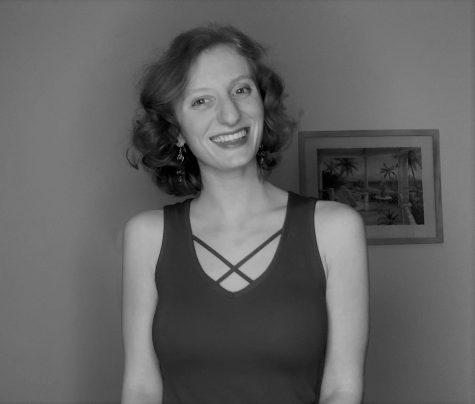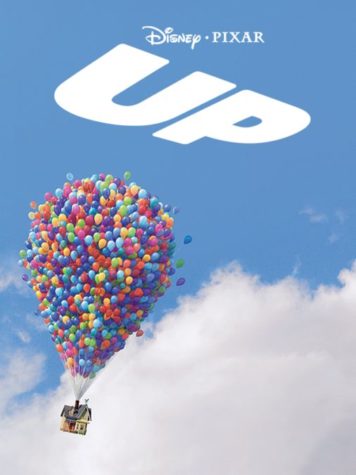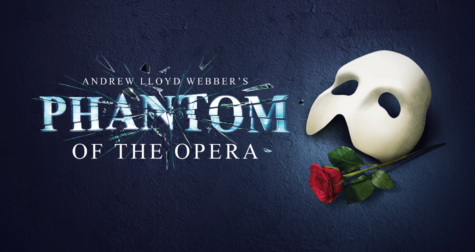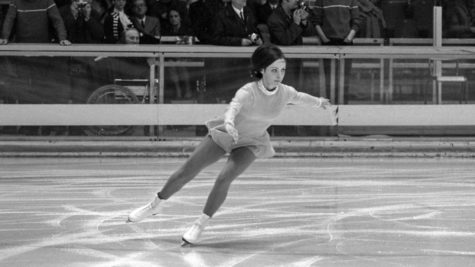Flautist Sage to take the stage at Walker
October 3, 2017
Flautist Amanda Sage will give her first Mercyhurst performance on Oct. 25 at 8 p.m. in Walker Recital Hall.
A new addition to the D’Angelo department of Music faculty as the instructor of Flute, Sage teaches at West Virginia Northern Community College as an adjunct instructor, in addition to maintaining a large studio of private piano and flute students.
As a teacher, Sage uses her knowledge as a Certified Personal Trainer and Corrective Exercise Specialist to aid her students.
She writes that as a new faculty member she is “very excited to be working with the wonderful students and faculty at Mercyhurst.”
There is no theme to her recital per se; rather, she writes that she “wanted to present a program that provided variety and that also represented contrasting periods, styles and techniques taken from the solo flute repertoire.
Each piece on the program has its place and holds educational value not only to flute/music students, but to listeners and music enthusiasts as well.”
The program contains six pieces: Sonata for Flute in E major, BWV 1035 by J.S. Bach, “Cantabile et Presto” by Enesco, “The Great Train Race” by Ian Clarke, Moderato from Romantic Pieces, op. 75 by Dvorak, Sonata for Flute and Piano by Taktakishvili and “Carnival of Venice” by Briccialdi.
The Bach piece is one of the composer’s later works, a piece in four movements for flute and continuo.
It follows the baroque sonata di chiesa form, which alternates slow and fast movements.
The Enesco piece was written as an examination piece for the Paris Conservatory in 1904 and was dedicated to Paul Taffanel, a professor of flute there.
“The aim of this piece was a more modest performance (and) the attention is meant to be on the music, not so much the performer,” said Sage.
An unaccompanied piece, “The Great Train Race” attempts to mimic the sound of a train.
Sage explains that it “incorporates extended techniques for the flute, including multiphonics, pitch bending and singing while playing.”
Furthermore, she says that this piece “will be a different and unique listening experience, due to the extended techniques that are not typically heard in pieces from what could be considered the more ‘traditional’ flute repertoire of the past.
Extended techniques are more and more common in the modern flute repertoire, so it is a unique and new development in general.”
The Dvorak piece that Sage will play originally featured two violins and a viola but was later arranged by the composer for a solo instrument and piano.
Sage will play the first movement of four, called “Cavatina.”
Taktakishvili, a Soviet composer from Tbilisi, Georgia, is known primarily for his vocal works and his style is characterized by folk influences, particularly of Caucasus music.
However, Sage writes that she chose his flute sonata because it displays the flute’s “technical and expressive aspects.”
The Briccialdi piece, “Carnival of Venice,” is actually a theme and variations on a Venetian song that was popular during the composer’s time.
In addition to his virtuosity as a flutist, Briccialdi made improvements on the design of the flute.
This season, Sage can be heard performing with her woodwind quartet Bel Suono Ensemble and also as a soloist in chamber ensembles in Pittsburgh and its environs.
As with all Faculty and Roche Guest Artist Recitals, this performance is free and open to the public.











